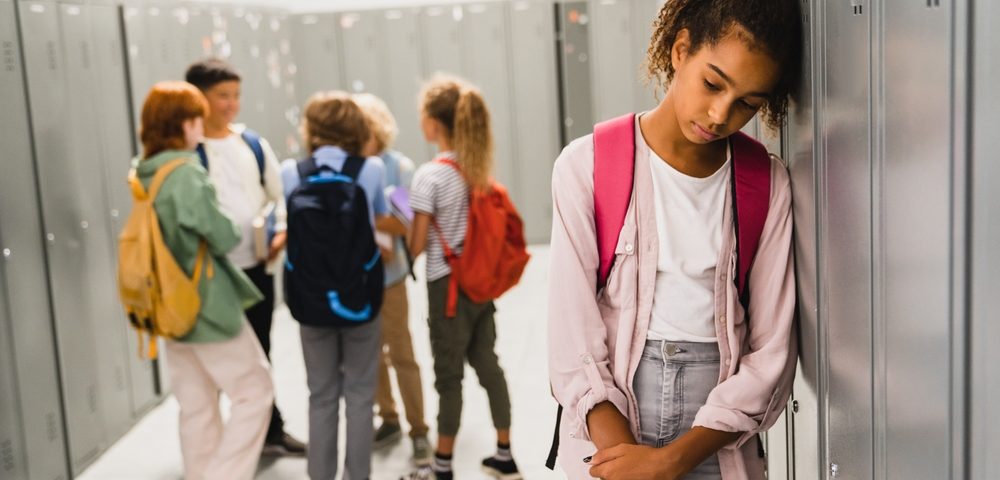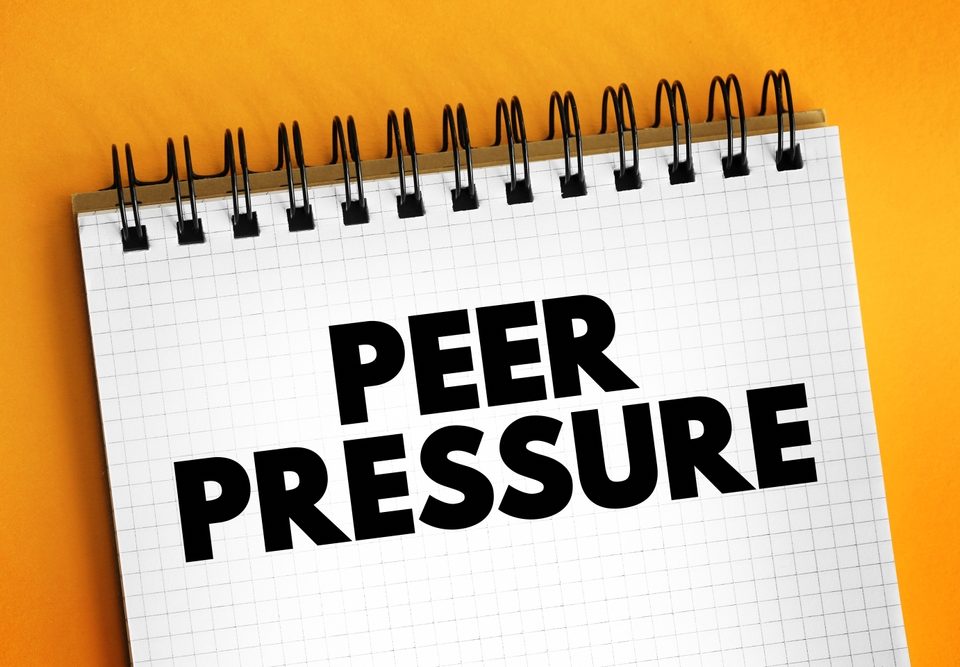
Eating Disorder Signs
April 26, 2024
Parenting a Child with ADHD
May 1, 2024Peer pressure in junior high, or middle school, is a significant social dynamic that can greatly influence students’ behaviors, choices, and self-esteem. At this developmental stage, young adolescents are particularly susceptible to the influence of their peers as they strive to fit in and establish their identities. Here are some common aspects of peer pressure in junior high:
- Conformity: Junior high students often feel pressure to conform to the norms and expectations of their peer group. This pressure can manifest in various ways, such as conforming to fashion trends, participating in certain activities, or adopting particular attitudes and behaviors.
- Social acceptance: Many students in junior high crave social acceptance and fear rejection from their peers. This fear of exclusion can lead them to engage in behaviors they might not otherwise choose, simply to gain approval or avoid criticism from their peers.
- Risk-taking behaviors: Peer pressure in junior high can also influence students to engage in risky behaviors, such as experimenting with drugs and alcohol, engaging in sexual activity before they are emotionally ready, or participating in dangerous activities to impress their peers.
- Academic pressure: Peer pressure isn’t limited to social behaviors; it can also affect academic performance. Students may feel pressured to achieve certain grades or academic milestones to maintain their social status or avoid being perceived as “nerdy” or “uncool.”
- Bullying and exclusion: Peer pressure can sometimes manifest in more negative ways, such as bullying or exclusion of students who don’t conform to the group’s norms. This can have serious consequences for the mental health and well-being of those who are targeted.
- Identity formation: Junior high is a time when young adolescents are exploring their identities and trying to figure out who they are. Peer pressure can play a significant role in this process, as students may feel pressure to adopt certain identities or personas that are deemed desirable by their peers.
- Resisting peer pressure: While peer pressure can be powerful, it’s essential for students to learn how to resist negative influences and make healthy choices for themselves. Building self-confidence, assertiveness skills, and strong relationships with supportive peers and adults can help students navigate peer pressure more effectively.
Educators, parents, and other adults working with junior high students play a crucial role in helping them understand and cope with peer pressure. By fostering open communication, promoting critical thinking skills, and providing guidance and support, adults can empower young adolescents to make positive choices and develop strong, authentic identities.
To learn more tips and parenting subscribe to MASK The Magazine, parenting solutions for today’s families
https://www.maskmatters.org/product/mask-the-magazine/
Or
Did you know that you can add past issues of MASK The Magazine and start your MASK Library
https://www.maskmatters.org/product/single-issues-of-mask-the-magazine/



